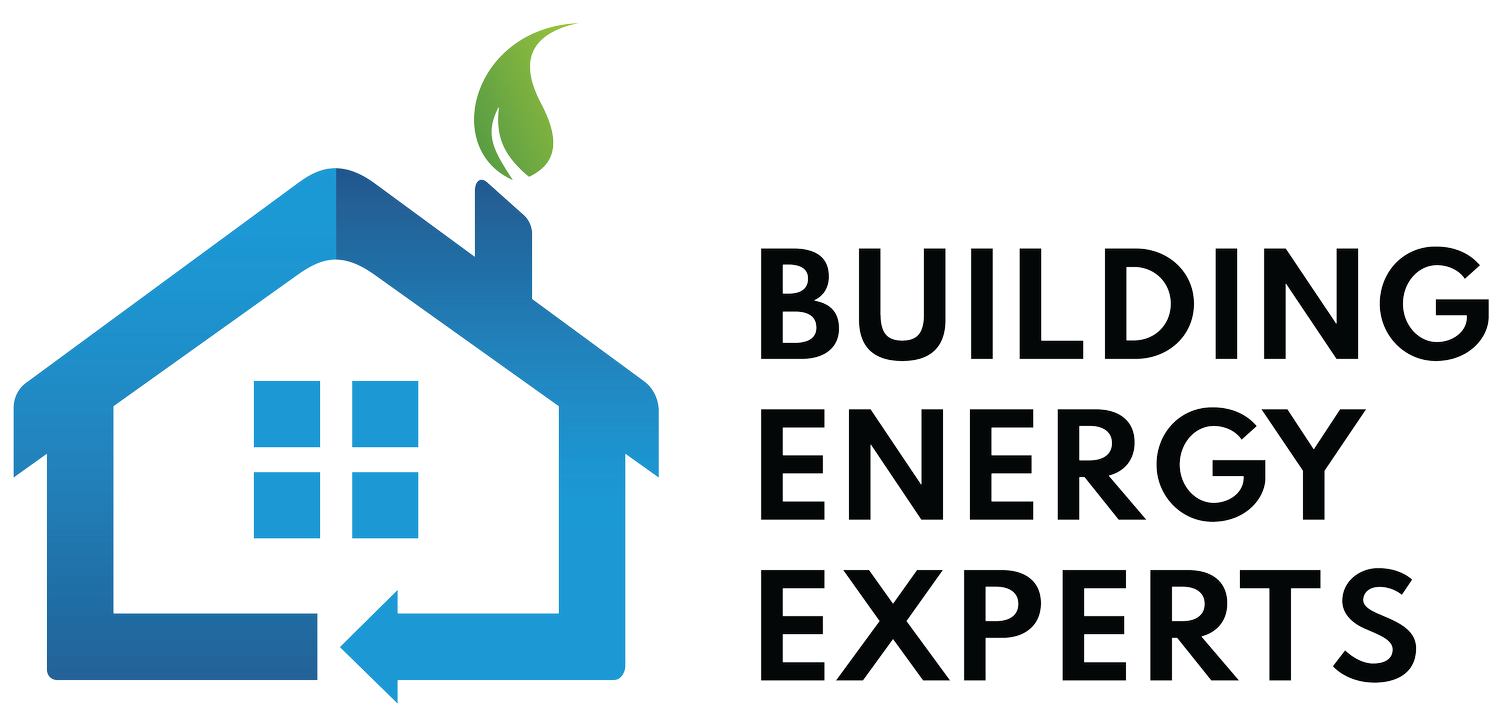DIY vs. Professional Insulation: Making the Right Choice for Your Home
When it comes to insulating your home, the decision between DIY and professional installation can be daunting. While DIY projects can be appealing due to potential cost savings, professional insulation offers expertise and long-term benefits. Building Energy Experts provide a thorough comparison to help you decide which approach is best for your home.
Pros and Cons of DIY Insulation
Pros:
1. Cost Savings:
One of the most significant advantages of DIY insulation is the potential for cost savings. By purchasing materials yourself and forgoing labor costs, you can often complete the project at a lower price.
2. Flexibility:
DIY projects allow you to work at your own pace and on your own schedule. This flexibility can be particularly beneficial if you have time constraints or prefer to tackle home improvement tasks in stages.
3. Personal Satisfaction:
Completing a DIY insulation project can provide a sense of accomplishment and personal satisfaction. For those who enjoy hands-on work, this can be a rewarding experience.
Cons:
1. Lack of Expertise:
Insulating a home properly requires knowledge of building codes, material properties, and best practices. Without professional expertise, there's a risk of improper installation, which can lead to poor performance and potential issues down the line.
2. Safety Risks:
Handling insulation materials, especially fiberglass or spray foam, can pose health risks if proper safety precautions aren't taken. DIYers may be exposed to irritants or hazardous chemicals. When installing in an attic falling through the ceiling is also a very possible risk or injury or death.
3. Time and Effort:
Insulating a home can be a time-consuming and labor-intensive process. For those without prior experience, it can take significantly longer to complete compared to professionals.
Benefits of Professional Insulation Services
1. Expertise and Experience:
Professional insulation contractors have the knowledge and experience to ensure that insulation is installed correctly and efficiently. They understand the nuances of different materials and can tailor their approach to your home's specific needs.
2. Quality Assurance:
Professionals guarantee a higher quality of work, which means better performance and longevity of the insulation. They also adhere to local building codes and standards, providing peace of mind.
3. Advanced Tools and Techniques:
Insulation contractors have access to specialized tools and equipment that are not typically available to DIY enthusiasts. These tools allow for more precise and effective installation.
4. Time Efficiency:
Professional teams can complete insulation projects much faster than a DIY effort, minimizing disruption to your daily life. Their streamlined processes and experience ensure quick and efficient work.
Cost Comparison and Long-Term Savings
While the upfront cost of professional insulation services can be higher than DIY, it's important to consider the long-term savings and benefits. Properly installed insulation by professionals can lead to:
Lower Energy Bills: Efficient insulation reduces heating and cooling costs, resulting in significant long-term savings.
Increased Home Value: Professionally insulated homes often have higher resale values due to improved energy efficiency and comfort.
Reduced Maintenance Costs: Professional installation minimizes the risk of future issues, such as air leaks or moisture problems, which can be costly to repair.
The Complexity of Different Insulation Types and Installations
Different types of insulation require varying levels of expertise and complexity in installation. For example:
Fiberglass Batts: Relatively straightforward to install but requires careful handling and proper fitting to avoid gaps.
Spray Foam: Provides excellent air sealing but requires specialized equipment and expertise to apply correctly.
Blown-In Cellulose: Effective for attics and hard-to-reach areas but can be messy and challenging to install without professional equipment.
Safety Considerations and Potential Pitfalls
Safety is a critical consideration in any insulation project. Professionals are trained to handle materials safely and mitigate potential hazards. Common pitfalls of DIY insulation include:
Inadequate Ventilation: Poor installation can lead to inadequate ventilation, causing moisture buildup and mold growth.
Thermal Bridging: Incorrect installation can create thermal bridges, reducing the overall effectiveness of the insulation.
Exposure to Harmful Substances: DIYers may expose themselves to irritants or toxic chemicals without proper protective gear.
Deciding between DIY and professional insulation installation depends on various factors, including budget, time, and expertise. While DIY projects can offer cost savings and personal satisfaction, professional insulation services ensure quality, efficiency, and long-term benefits. Building Energy Experts recommend consulting with professionals to assess your specific needs and ensure your home receives the best possible insulation.
Ready to make your home more comfortable and energy-efficient? Contact Building Energy Experts today to learn more about our professional insulation services and how we can help you achieve the best results.
Make the right choice for your home’s insulation needs and enjoy the peace of mind that comes with professional expertise.




